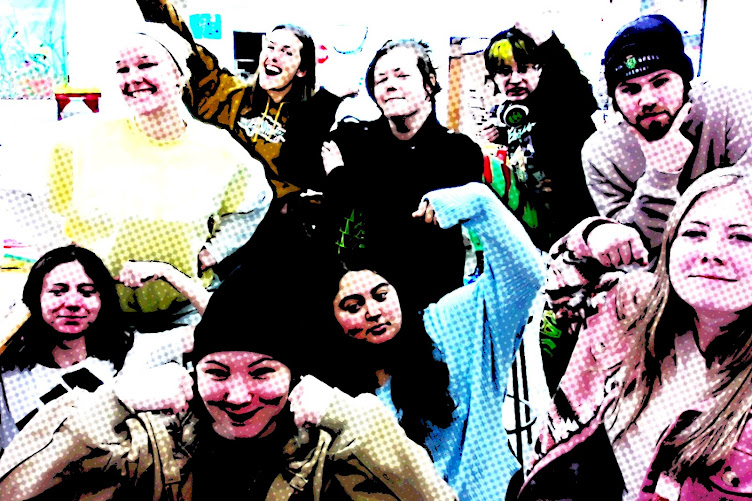Wow guys, what a whirlwind of a semester it's been and we’ve covered a lot!
Here’s a quick recap:
We started the semester strong by discussing ways art, community, and social justice work together. Building lessons using all three aspects can strengthen your student's work and connection to the larger community. We then developed our own arts-based service learning projects, diving into how we can form partnerships with community groups/organizations. We even got a chance to present these to a “super official PTO group” and everyone crushed it!
Continuing on, we talked more about inclusivity within our lessons and how we can work to develop accessible art practices for all members of the community. Making sure your lessons are accessible to all students and having differentiation plans ready is key to successful engagement. Next, we dove into comics and graphic novels, highlighting their unique ability to connect students to their learning in new ways. We then took these comic skills and put them to practice, inviting students to partake in our RodCon extravaganza. We worked hard to create community partnerships, including lots of schools, the Cedar Bend Humane Shelter, CRUSH, and the RodCon team. Not only did we put together the coolest art show but participants at RodCon loved our participatory event and had so much fun learning more about how to care for their pets.
In recent weeks, we’ve covered trauma-informed teaching and teacher resilience. Talking about all things self-care and teacher empowerment. As we finish up our last assignments, prepping for student teaching and our future careers as the more kickass art teachers, share a fun teaching meme (or two ◡̈) …..
These are the two I chose ◡̈
Hang in there for these last two weeks, you got it!

